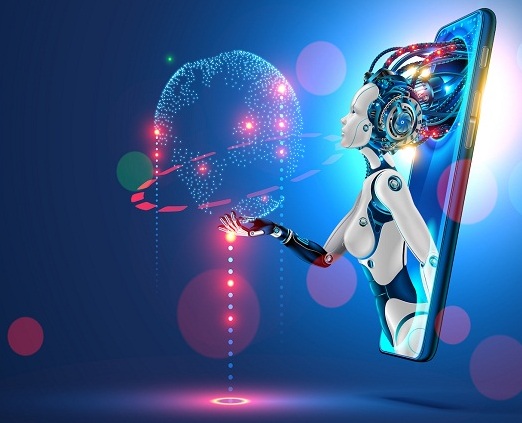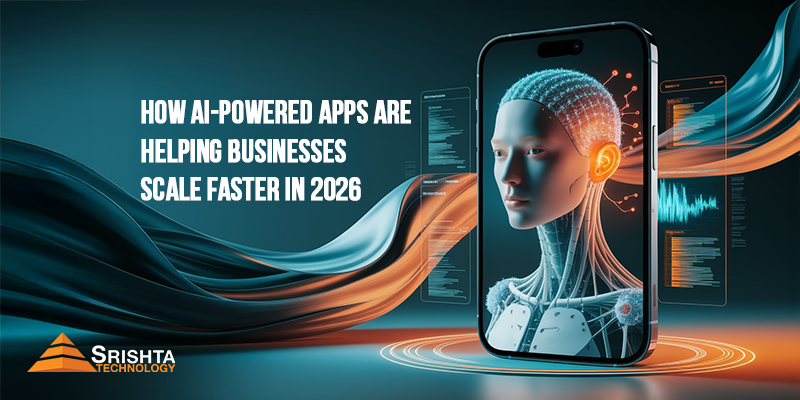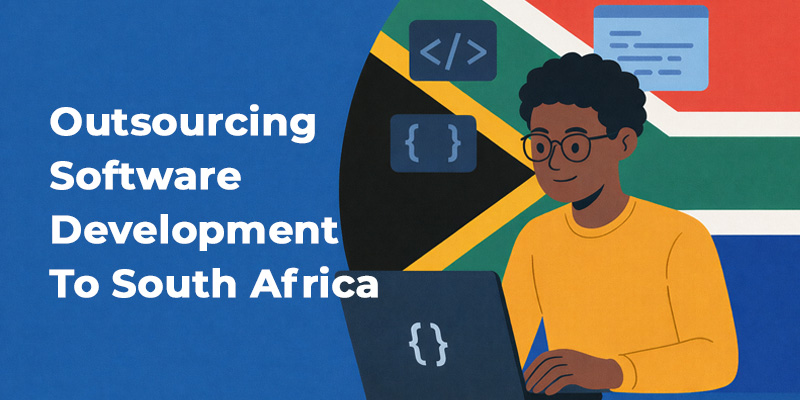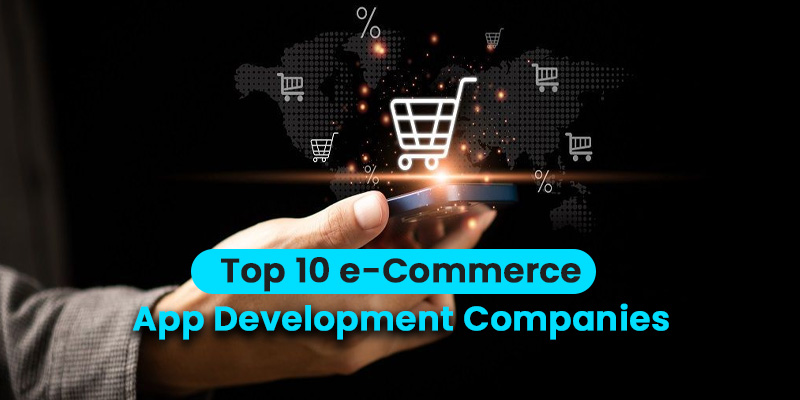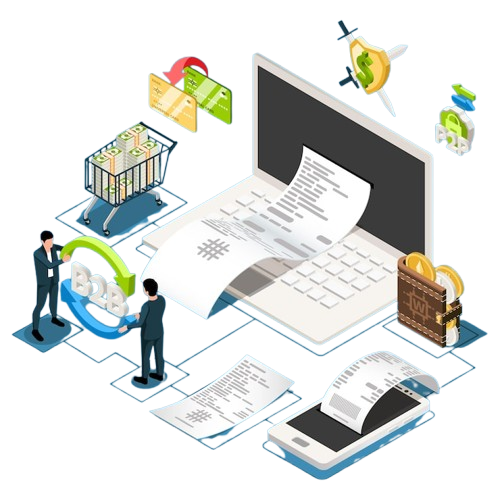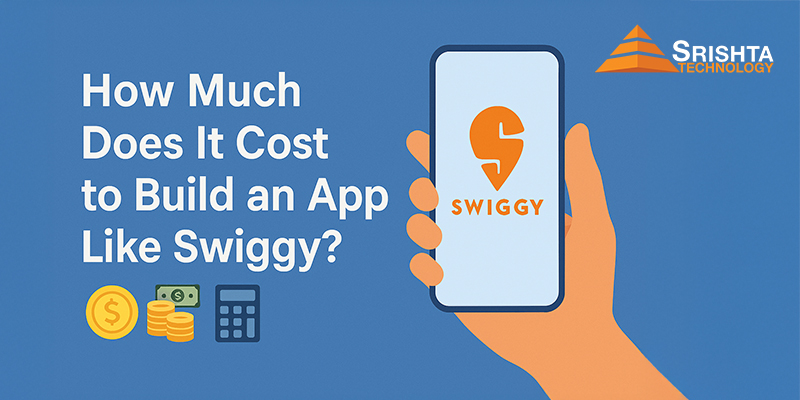In the last decade, artificial intelligence has gone from a science-fiction dream to a critical part of our everyday lives. We use AI systems to interact with our phones and speakers through voice assistants like Siri, Alexa, and Google cars made by Tesla interpret and analyze their surroundings to intelligently drive themselves Amazon monitors our browsing habits and then serves up products it thinks we’d like to buy and even Google decides what results to give us based on our search activity. Artificially intelligent algorithms are here, and they’ve already changed our lives
What is AI?
Artificial Intelligence is the technology of the Future. According to textbook definition AI is the simulation of human intelligence processes by machines & especially computer systems. AI Is the branch of computer science that deals with the building & deploying intelligent systems that acts smartly like human beings & is capable of replacing human beings from hectic tasks. The simplest descriptor is collecting data about the world, and using that data to make predictions in the short and long term. That applies to both people and machines.
These tasks basically include the following 3 steps : – learning (i.e collecting the necessary information for using them efficiently) – reasoning (using rules to withdraw a logical conclusion) – self-correction.
Why is Artificial Intelligence so important?
Artificial Intelligence is being widely accepted and adopted by firms globally. It has emerged as a crucial tool for businesses to scale business goals. Today AI is playing a pivotal role for companies looking to withdraw maximum output value from the data collected by automating and optimizing processes. Today AI has become an inseparable part of our day to day life as it is being used in almost every aspect. AI reduces human effort. Using machines for rapid, efficient & cost effective works ensures profitability for the organization and achieve desired error-free results. As a result, it is being widely used in Banking-Financial Systems, Medical Science, Heavy automated industries, Transport sectors, Service sectors, Gaming sectors, etc. As AI is becoming an integral part of everyone’s life, from small to big industries everyone is adopting it to generate leads and remove the work pressure.
Future Scope of AI :
Engineers are designing systems to replicate human intelligence. There are numerous benefits of understanding and replicating the brand in artificial intelligence. Apart from treating the brain injuries, diseases, advancements in communication technology, computer simulations, providing customer support, understanding the brain AI will extensively helping to design machines that have a more powerful impact towards the society. One can see their crucial roles in voice recognition, providing the response to human prompts, monitor and sense the human activities on a day to day basis. However, the future holds much more than what we are able to accomplish today.
Machine learning has even been used to analyze human behavior, and predict warning signs by recognizing common language used by the nefarious — sexual predators or terrorists — and alerting law enforcement to take action. Then again, that same technology can be used to track down political dissidents, or serve fake news to vulnerable people while blocking out competing opinions and information.
How Artificial Intelligence Will Change the World by 2050
ENTERTAINMENT
Move over, Netflix. In the future, you could sit on the couch and order up a custom movie featuring virtual actors of your choice. Meanwhile, film studios may have a future without flops: Sophisticated predictive programs will analyze a film script’s storyline and forecast its box office potential.
MEDICINE
Why have medicine that’s good for the average person, when it could be tailored to your exact genome? AI algorithms will enable doctors and hospitals to better analyze data and customize their health care to the genes, environment and lifestyle of each patient. From diagnosing brain tumors to deciding which cancer treatment will work best for an individual, AI will drive the personalized medicine revolution.
CYBERSECURITY
There were about 707 million cybersecurity breaches in 2015, and 554 million in the first half of 2016 alone. Companies are struggling to stay one step ahead of hackers. USC experts say the self-learning and automation capabilities enabled by AI can protect data more systematically and affordably, keeping people safer from terrorism or even smaller-scale identity theft. AI-based tools look for patterns associated with malicious computer viruses and programs before they can steal massive amounts of information or cause havoc.
VITAL TASKS
AI assistants will help older people stay independent and live in their own homes longer. AI tools will keep nutritious food available, safely reach objects on high shelves, and monitor movement in a senior’s home. The tools could mow lawns, keep windows washed and even help with bathing and hygiene. Many other jobs that are repetitive and physical are perfect for AI-based tools. But the AI-assisted work may be even more critical in dangerous fields like mining, firefighting, clearing mines and handling radioactive materials.
TRANSPORTATION
The place where AI may have the biggest impact in the near future is self-driving cars. Unlike humans, AI drivers never look down at the radio, put on mascara or argue with their kids in the backseat. Thanks to Google, autonomous cars are already here, but watch for them to be ubiquitous by 2030. Driver less trains already rule the rails in European cities, and Boeing is building an autonomous jetliner (pilots are still required to put info into the system).
